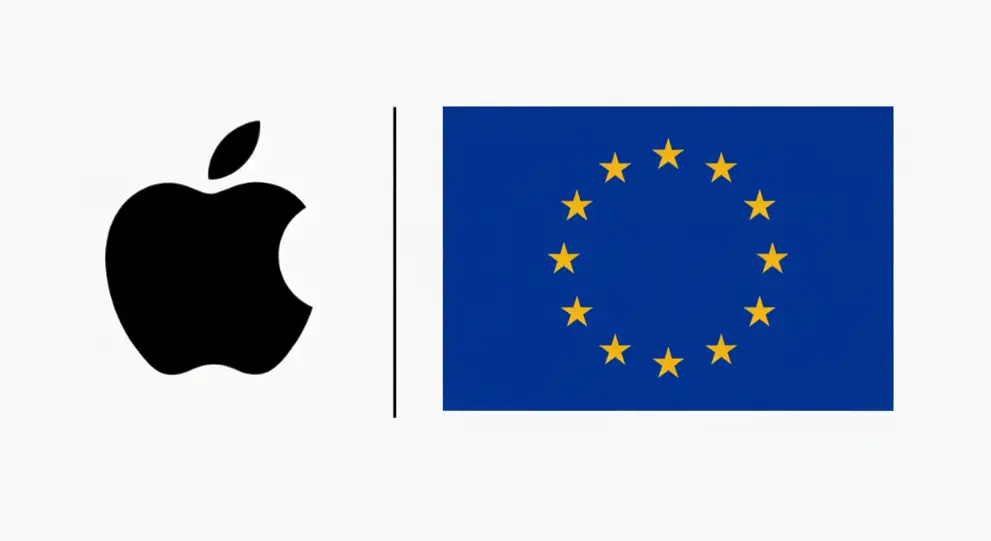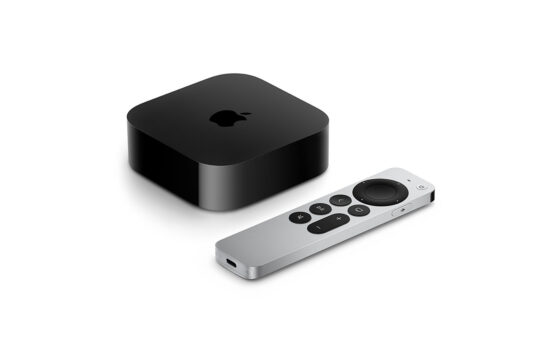Apple has published a sharply worded statement on how the EU’s Digital Markets Act (DMA) is affecting the iPhone and Apple’s services in Europe. The company argues that DMA-driven requirements are delaying new features, making the app experience riskier, and introducing new privacy and security threats for EU users. The European Commission, meanwhile, says the DMA exists to ensure fair, contestable digital markets and interoperability.
The DMA is a 2022 EU law that sets rules for large “gatekeeper” platforms on issues like interoperability, app distribution, and payments — with steep penalties for non-compliance. The Commission’s stated goal is more competition and consumer choice across digital markets. Apple, designated a gatekeeper, must adapt to its app policies accordingly.
Features Apple says are delayed in the EU:
-
Live Translation with AirPods (Apple Intelligence) — Apple says it needs additional safeguards before enabling this beyond Apple devices.
-
iPhone Mirroring to Mac — Apple says it hasn’t found a way to bring this to non-Apple computers securely, so the feature isn’t shipping in the EU.
-
Maps’ Visited Places & Preferred Routes — Apple says enabling third-party access could expose location data.
Apple also argues that the DMA’s requirements for sideloading, third-party app marketplaces, and alternative payment systems increase exposure to scams and malware versus the single, reviewed App Store model. The company also flags adult content and gambling apps appearing via alternative stores — pointing to AltStore’s “Hot Tub,” an adult video app enabled in the EU under the DMA changes.
In its statement, Apple says some companies have requested access to notification contents (messages, emails, medical alerts) and a user’s Wi-Fi network history, which Apple argues could enable increased tracking or reveal sensitive locations. Apple says it is required to comply with most requests under the DMA and that the regulators have not accepted privacy risks as grounds to reject them.
The Commission says the DMA is meant to ensure contestable and fair markets, with obligations that include interoperability for third-party hardware and software. It has issued guidance to facilitate interoperability with iOS and iPadOS and has taken steps in 2024–2025 scrutinizing Apple’s app rules and alternative distribution terms.
Apple’s view is blunt: the DMA is reducing choice (because features arrive later), making experiences more similar across platforms (less differentiation), and creating unfair competition by focusing obligations on Apple while rivals operate under different constraints. The company says it’s spending “thousands of hours” to comply but can’t solve every problem the law creates.
This is an unusually direct public salvo from Apple. It underscores how Europe’s landmark competition law is forcing deep platform changes — and how those changes are colliding with Apple’s security and integrated-ecosystem playbook. The Commission says the DMA is about fairness and choice; Apple says it’s harming both.
Stay updated with the latest news and deals by downloading the Appleosophy App from the App Store or by visiting our website.








